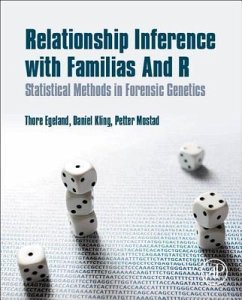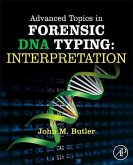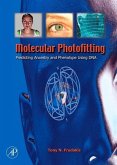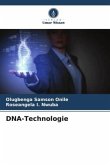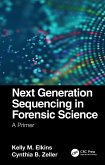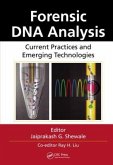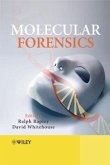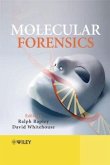Relationship Inference in Familias and R discusses the use of Familias and R software to understand genetic kinship of two or more DNA samples. This software is commonly used for forensic cases to establish paternity, identify victims or analyze genetic evidence at crime scenes when kinship is involved. The book explores utilizing Familias software and R packages for difficult situations including inbred families, mutations and missing data from degraded DNA. The book additionally addresses identification following mass disasters, familial searching, non-autosomal marker analysis and relationship inference using linked markers. The second part of the book focuses on more statistical issues such as estimation and uncertainty of model parameters. Although written for use with human DNA, the principles can be applied to non-human genetics for animal pedigrees and/or analysis of plants for agriculture purposes. The book contains necessary tools to evaluate any type of forensic case where kinship is an issue.
This volume focuses on the core material and omits most general background material on probability, statistics and forensic genetics Each chapter includes exercises with available solutions The web page familias.name contains supporting material
This volume focuses on the core material and omits most general background material on probability, statistics and forensic genetics Each chapter includes exercises with available solutions The web page familias.name contains supporting material

